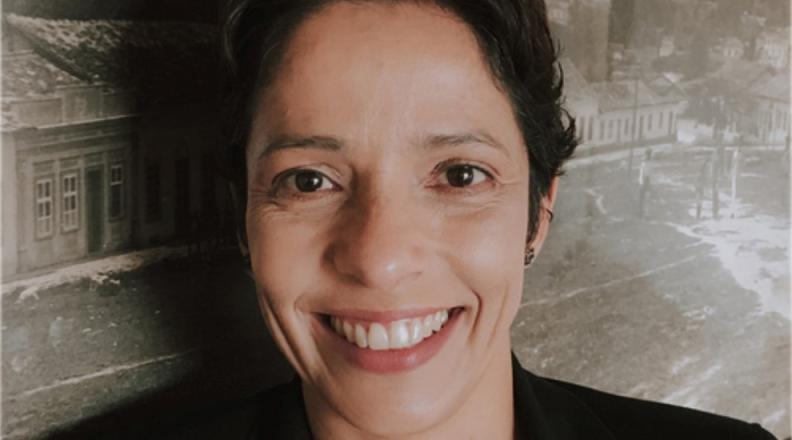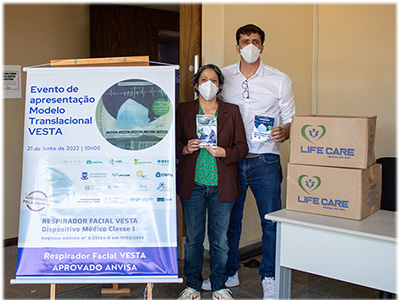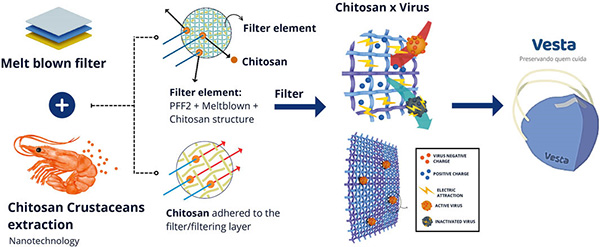
Addressing clinical needs in kidney and women’s reproductive health
Welcome new assistant professor Kayla Wolf. Read more about Addressing clinical needs in kidney and women’s reproductive health

Suélia de Siqueira Rodrigues Fleury Rosa joined the Meinig School in August as a senior lecturer. Her focus on translating innovative health technologies from concept to market is driven by her goal to train biomedical engineers with the skills to turn academic ideas into solutions for society. Her work aims to overcome the “valley of death” in innovations, offering a hopeful and optimistic vision for the future of health care.

Rosa began her career at Siemens as an industrial engineer and later gained experience developing technological solutions for patients at the SARAH Hospital in Brasília, Brazil’s capital. Her career in Brazil is marked by her commitment to social impact. As a technical consultant, she has designed prototypes and conducted phase I to IV clinical trials for various health care projects.
“Turning ideas into something that can really make a difference in people’s lives – that’s what drives me every day,” Rosa said. “When students work on real problems, they not only learn, they grow as individuals. Hands-on learning is transformative and I want to enable them to see their potential and what they can achieve.”
Rosa was previously an academic professor at the University of Brasília, creating courses and consolidating undergraduate programs in engineering. She also coordinated postgraduate programs in biomedical engineering, supervising undergraduate and postdoctoral-level students.
Rosa was a postdoctoral researcher at MIT and earned her Ph.D. from the University of Brasília. She received an M.Eng. degree from the Aeronautics Institute of Technology and a B.A. in electrical engineering from São Paulo State University Júlio de Mesquita Filho.
In her spare time, Rosa enjoys spending time with her husband, Mário Rosa, their children, Marie Odile and Mário, and their dog, Max. They value family connections and look forward to exploring the sights of Ithaca together.
